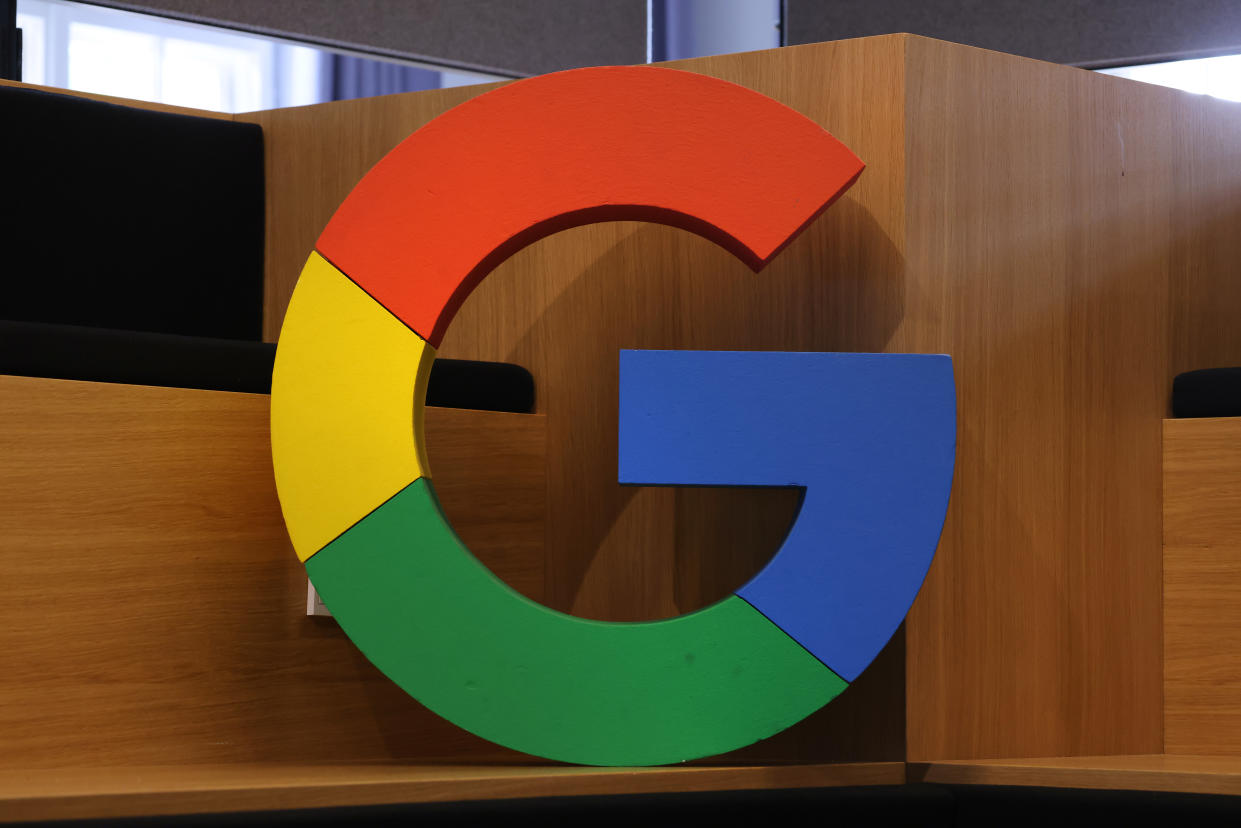Sundar Pichai says Google One cloud storage service has nearly 100M subscribers

Google CEO Sudar Pichai said that the company's Google One cloud storage service is " just about to cross" 100 million subscribers.
Speaking during Alphabet's Q4 2023 earnings call, Pichai added that the company is looking to add more AI-powered features to the Google One service. The search giant first launched Google One in 2018. Since then, the product has evolved and has extra perks, including Google Photos editing features such as magic eraser, portrait light and portrait blur, color pop, and sky suggestion.
Google One Plans start from $1.99 per month, which gives you 100GB of storage shareable with five people and access to its VPN service in the U.S.
Pichai noted that Google's overall subscription business — including YouTube Premium and Music, YouTube TV, and Google One — is on an upward trajectory and has crossed $15 billion in annual revenues. The company said that this is a 5x jump compared to 2019. It also added that because of the strong subscription performance, the "Subscriptions, Platforms and Devices" vertical has registered a 23% growth year-on-year.
Google last mentioned that YouTube's paid plans had 80 million in November 2022. But there hasn't been another update since then. The company mentioned that YouTube Shorts are watched by 2 billion signed-in users every month and 7 billion daily plays — the same numbers as noted in Google's Q3 2023 results.
Earlier this month, Google laid off nearly 1,000 employees in divisions such as hardware, engineering, and services and 100 employees from YouTube. Later, Pichai sent an internal memo to the staff saying there will be more job cuts this year.
Notably, in its earnings release, Google mentioned that it had 182,502 employees, slightly more than the 182,381 employees it reported in the Q3 earnings release. However, the number is significantly lower than the 190,234 employees it had at the end of 2022.
Google's $65.5 billion ad revenue fell short of analyst expectations of $65.8 billion despite a year-on-year increase of 11%. The company's stocks dipped by 4% because of this miss.


